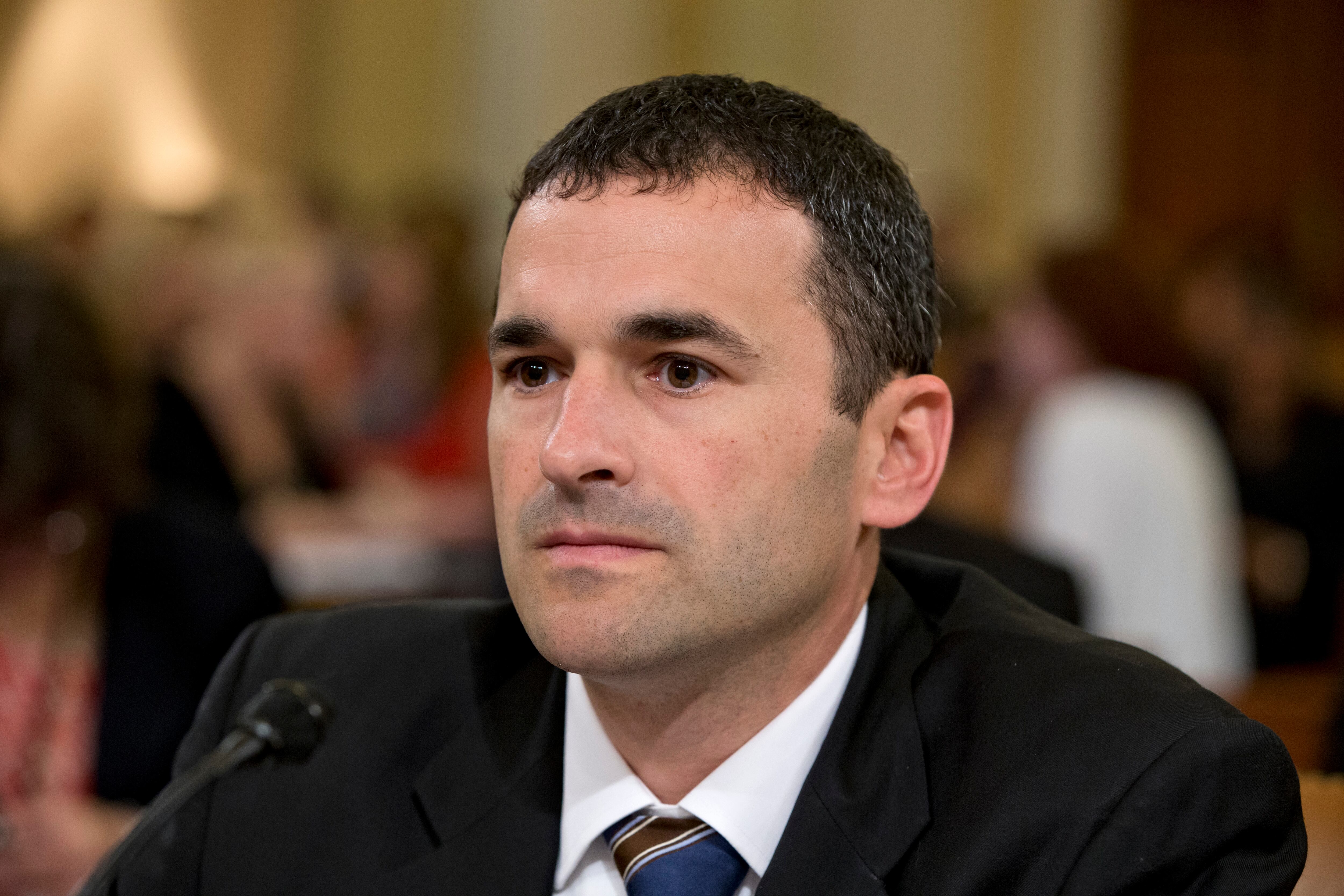With the IRS getting a makeover thanks to billions of dollars in long-term funding from the Inflation Reduction Act, so too is its leadership structure.
The agency said it’s consolidating its two deputy commissioner roles and name four senior employees to lead new positions in taxpayer service, compliance, IT and operations. It’s the first time the agency’s upper echelons have been restructured in two decades.
“Our transformation work and previous reviews highlight how the current structure limits our ability to operate as an integrated organization with shared goals,” said Commissioner Danny Werfel in a statement. “The entire landscape around tax administration – including the economy, tax laws and technology -- have undergone major changes since the last IRS reorganization. The new structure will help the top leadership to work together to drive faster and more effective progress.”
The changes will take effect in early 2024, and the rest of the agency’s other employees will be minimally affected, officials said.
RELATED

Werfel said the move is a logical one that helps concentrate and delineate expertise in four key areas the agency is hoping to transform in the coming years, all in an effort to be more user friendly for taxpayers and more efficient as the tax code grows in complexity.
The IRS’ Strategic Operating plan from April hinted at organizational changes to come since the current structure has been relatively unchanged since the 2000s. Minor organizational changes have been enacted in the time since, but Werfel saw a need to retrofit management to long-term plans and funding the agency has already committed to and made progress on.
Doug O’Donnell, a 37-year IRS employee and previous acting commissioner before Werfel, will become the sole deputy commissioner. He currently serves as the deputy for services and enforcement, where he deals with the agency’s compliance work and the orchestration of tax season, which this year begins Jan. 23.
The other deputy who oversees operations support, including IT, is Jeff Tribiano. A spokesperson for the agency said Tribiano is moving on to a different role but planning to stay in government.
Single-deputy model
Werfel noted a single-deputy model has been successful at other entities in and out of government, and that it reflects what’s used by the Treasury Department overall.
Under O’Donnell, four other executives, one of which is new to the IRS, have been named to lead different areas of focus.
Rajiv Uppal, the current chief information officer for the Centers for Medicare and Medicaid Services, was named the IRS’ CIO last month and will join the agency next year.
Melanie Krause was named chief operating officer and currently works as the chief data and analytics officer. Her new role will oversee human capital issues, the financial office, procurement and facilities management and security.
IRS Chief of Staff Heather Maloy will move into the role of overseeing compliance work, including the whistleblower office and criminal investigations.
Jonathan Warsh, who serves as senior counselor to the IRS Commissioner, will take over as acting chief.
And Ken Corbin, the current IRS Wage and Investment commissioner, will head up an area of focus Werfel has made a central tenet of his administration: customer service. With three decades of experiences at the IRS, Corbin will be in charge of filing season work and toll-free operations, return processing centers and taxpayer correspondence and forms.
Molly Weisner is a staff reporter for Federal Times where she covers labor, policy and contracting pertaining to the government workforce. She made previous stops at USA Today and McClatchy as a digital producer, and worked at The New York Times as a copy editor. Molly majored in journalism at the University of North Carolina at Chapel Hill.
In Other News




